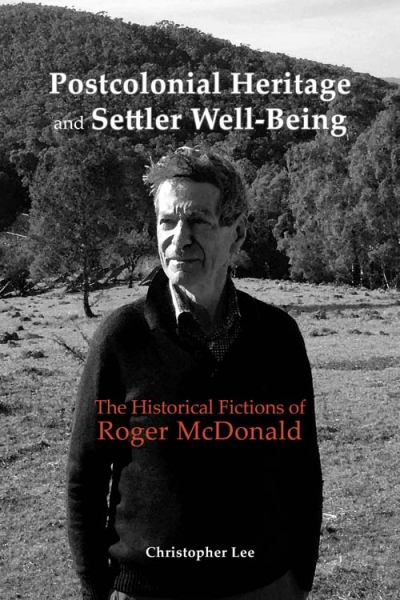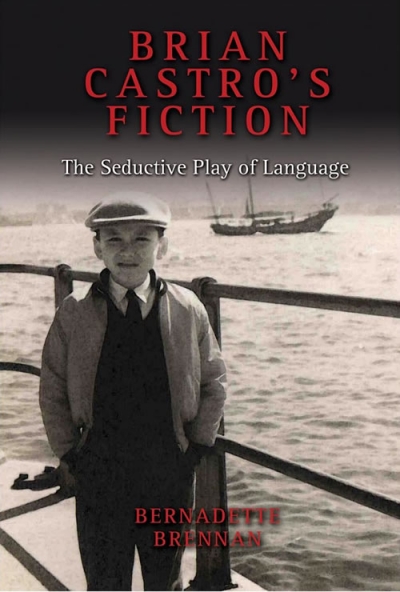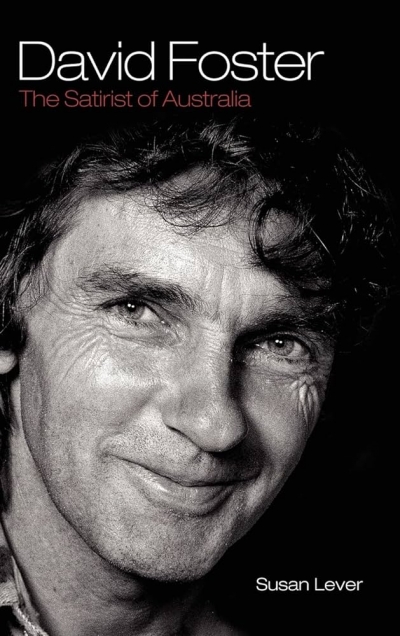Brian Castro has been leading his readers on an exhilarating chase since Birds of Passage in 1983, and his allusive, melancholy but sensual work leads Bernadette Brennan to being confidently: ‘Brian Castro is one of the most innovative and challenging novelists writing in English today.’ In her attempt to prove the justice of this assertion, Brennan is far too attuned to the richness of Castro’s work to try to establish any sort of total explanatory grid, and her book is less an attempt to tidy Castro up than a guide to some of the places where we might most profitably enjoy him.
One of the principal characteristics of Castro’s work, after all, is the ambition with which he calls out to his readers, inviting us to rise to the challenge and participate in the enjoyment of the dazzling multiplicity of issues, references, allusions, plays on words, and theoretical gambits that rub shoulders (and other parts) throughout his books.
...
(read more)




